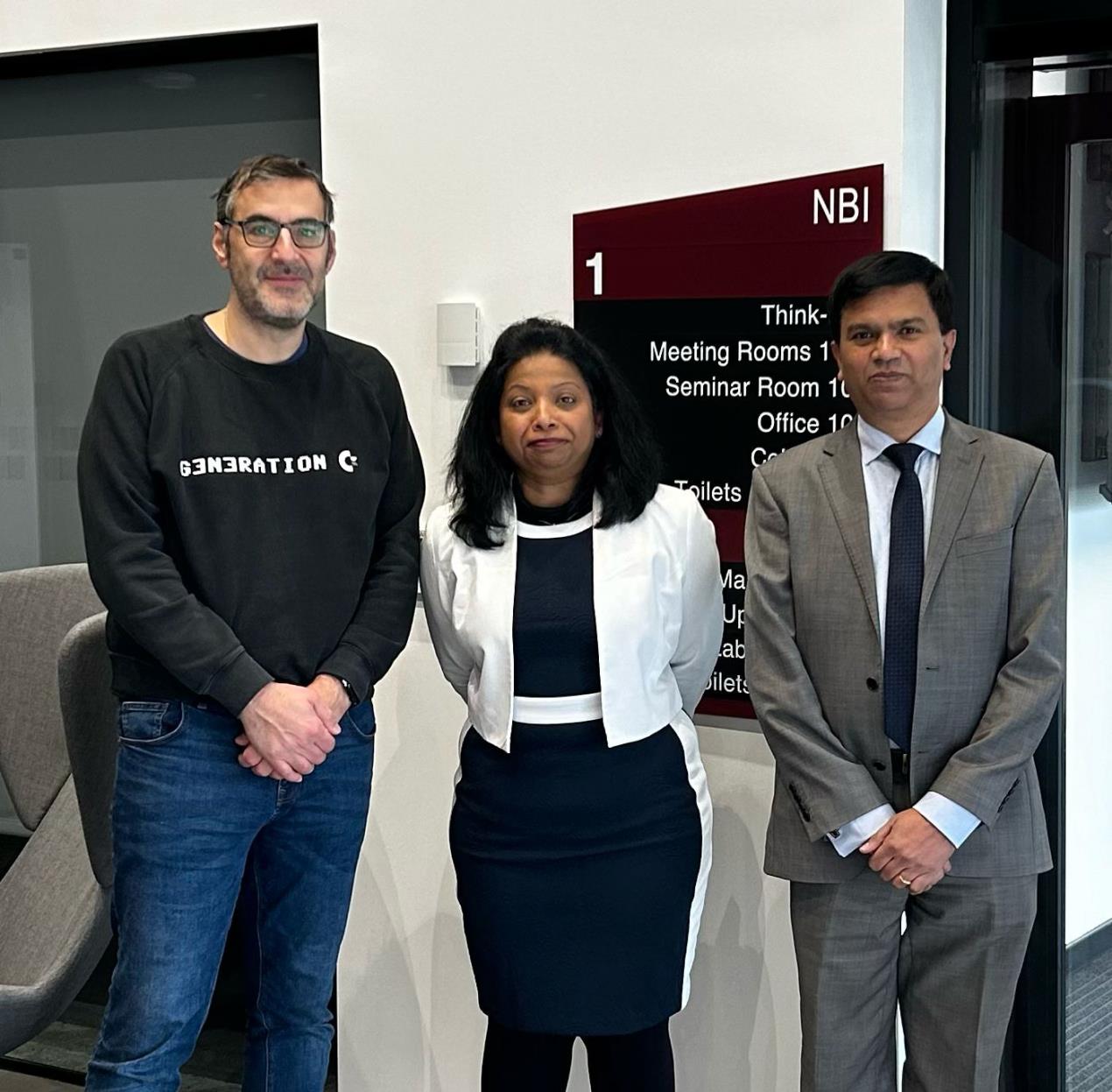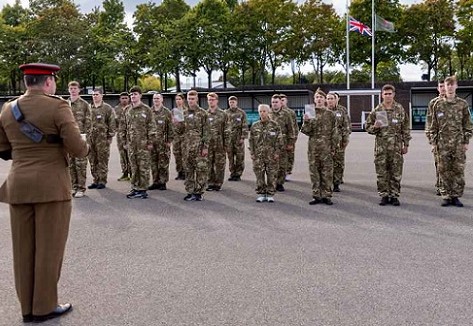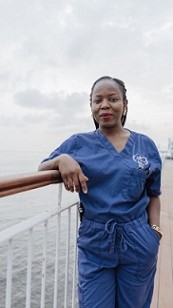University of Wolverhampton research academics have secured almost £180,000 as part of the International Science Partnerships funding from the British Council and the UK Government’s Department for Science, Innovation and Technology.
The project “Towards a SustainAble, inclusive, and rEsilient urban future for Brazil: Building a Futureproof Talent: SAVE” covers three research projects under the umbrella of SAVE which will be carried out in the legal Amazon region in South America.
The projects are:
- Addressing Intersectionality Inequalities in Sustainable Cities
- Pandemic and the role of Smart Cities in Amazon States, Brazil
- Towards achieving optimised zero-emission last-mile logistics.
Three Early Career Fellowships (ECFs) will be hosted for a 12-month programme in the University of Wolverhampton’s Faculty of Science and Engineering.
The International Science Partnerships Fund (ISPF) is designed to enable potential and foster prosperity. It puts research and innovation at the heart of international relationships, supporting UK researchers and innovators to work with peers around the world on the on the major themes of our time: planet, health, tech, and talent.
Project Lead, Dr Subashini Suresh, said: “Securing this crucial ISP funding represents a milestone in our efforts to expand our international network and strengthen partnerships with leading institutions worldwide.
“This fund will support a wide range of collaborative research initiatives with Brazilian researchers, exchange programs, and capacity-building efforts aimed at addressing pressing global challenges and advancing scientific knowledge. By leveraging the expertise and resources of our research fellows, we aim to drive forward impactful research and contribute to the development of solutions to complex global issues.
“This project addresses three Sustainable Development Goals (SDGs) - Industry, Innovation and Infrastructure; Reduced Inequality and Sustainable Cities and Communities. We are thrilled to have been awarded the funding which will enable us to further our mission of excellence in scientific research and innovation.
“This funding will facilitate meaningful collaborations with Brazil and provide valuable opportunities for knowledge exchange and collaboration among the Brazilian higher education institutions.” Co-leader of the project, Dr Suresh Renukappa, said: “The SAVE project will focus on ‘intersectionality responsiveness’ in terms of accessibility, mobility, safety, security, reliability, health, hygiene, resilience on cities infrastructure and how the Amazon states dealt with the Covid-19 pandemic compared with other smart cities in Brazil.
This project aims to adopt a ‘Living Labs’ approach to demonstrate how delivery bots can be optimally coordinated and used for various logistics applications. The developed platform will integrate all recent advances in the domain towards achieving optimised zero-emission last-mile logistics.
These outcomes would increase the operational efficiency of city logistics systems by circa 20%, thus decreasing delivery costs by 10-20% and decreasing emissions by 80-90%.
“This achievement reflects the dedication and expertise of our team and underscores our institution’s position as a leader in scientific research and innovation on the global stage.”

















